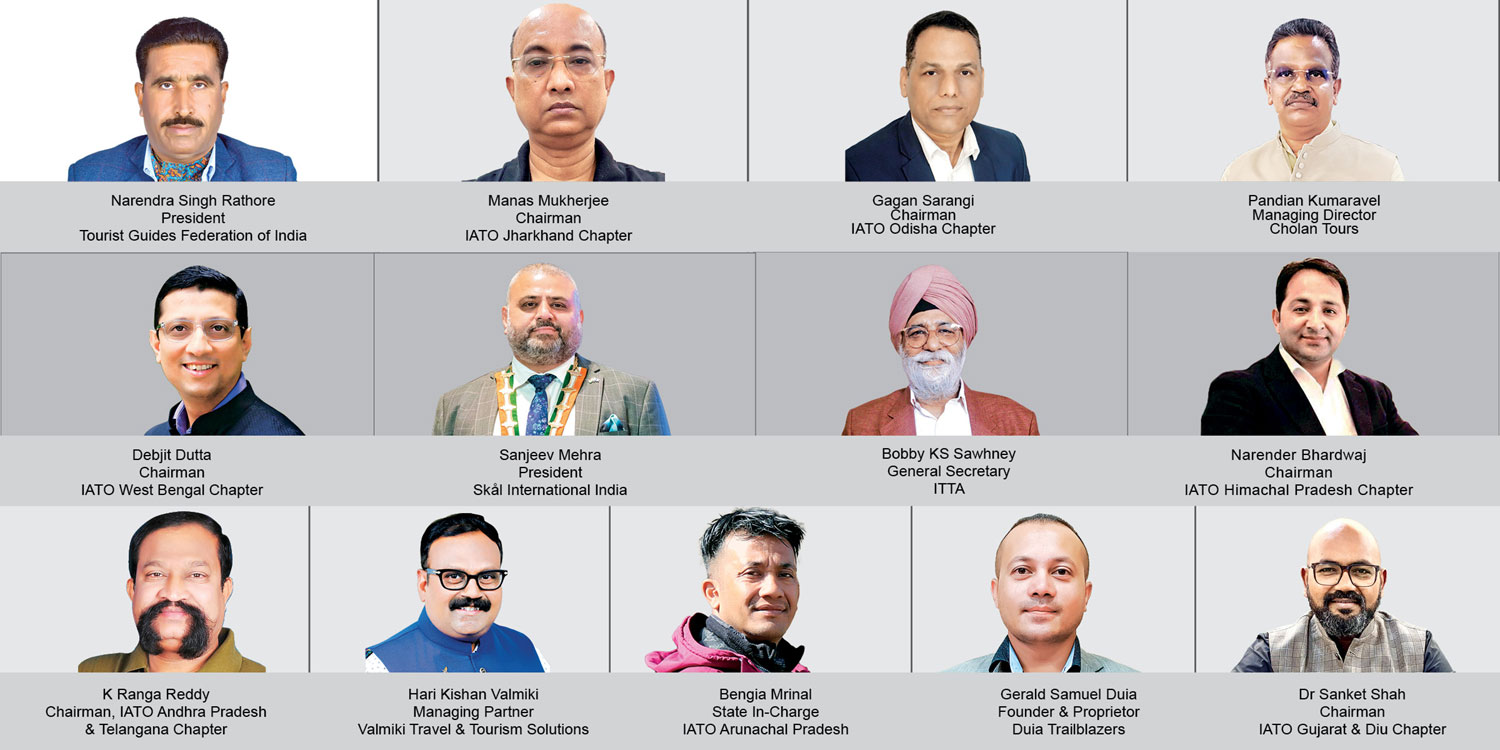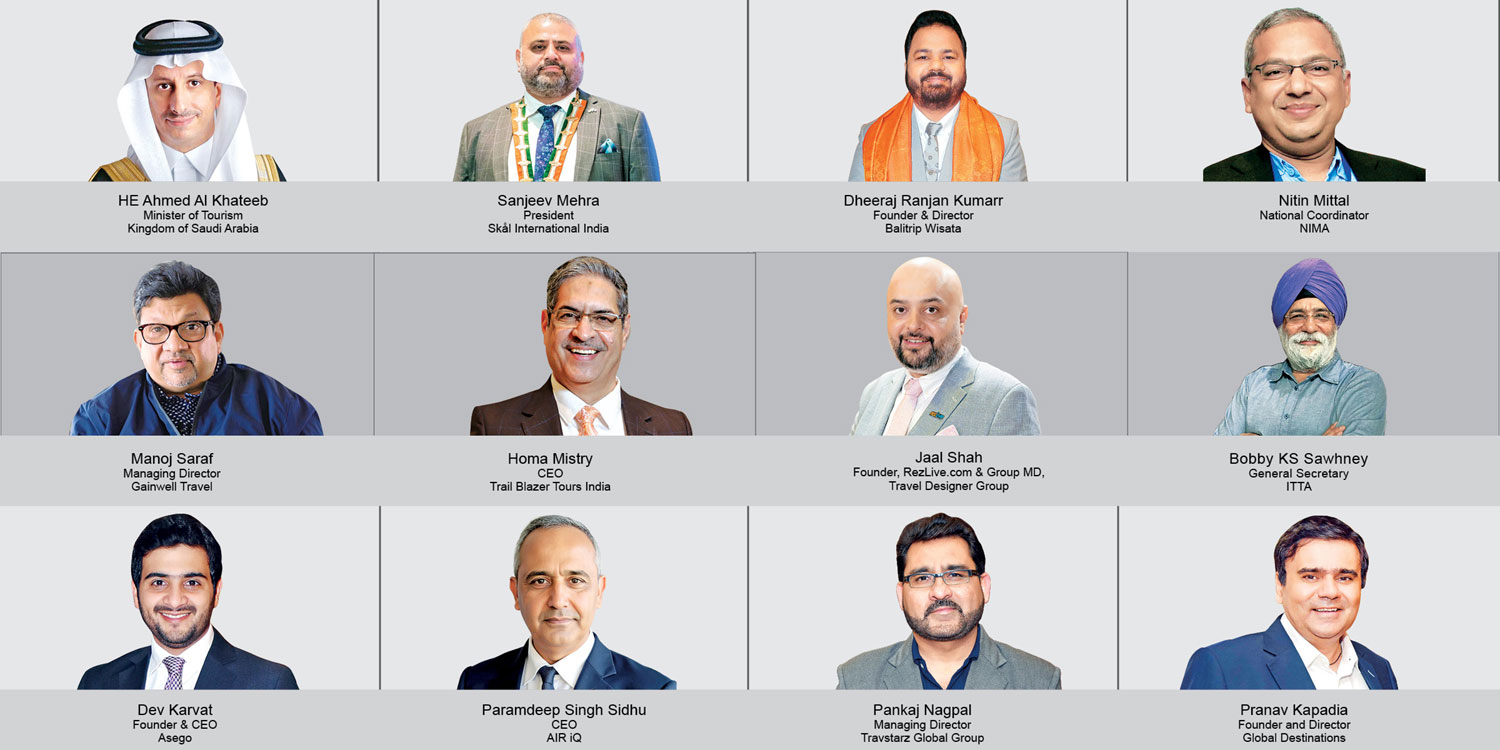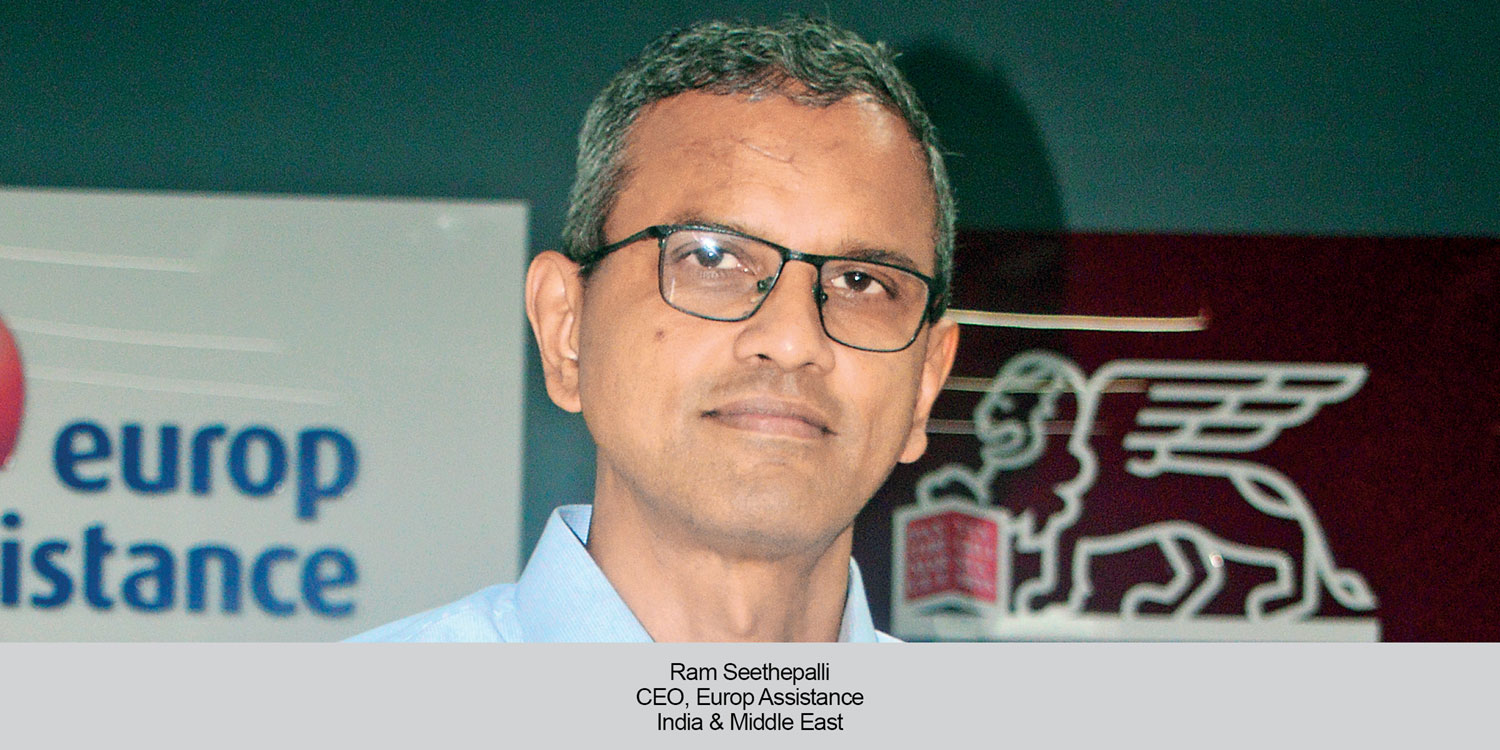
Suresh Prabhu, Member of Parliament and former Union Minister of Civil Aviation, recently spoke about the challenges faced by the tourism, aviation, hospitality and transport segments, owing to COVID-19. He even pointed out the importance of smaller travel agents in tourism’s recovery.
Nisha Verma
Speaking at the webinar by Bird Group Leadership Initiative, in collaboration with PHD Chamber of Commerce & Industry and WTTC, Suresh Prabhu said that every segment has seen a downturn because of this unprecedented situation and that they will revive accordingly. “The travel and tourism industry falls under the services sector, which contributes over 60 per cent of the GDP and creates the most number of jobs. Tourism is a highly job-intensive industry. It also drives demand in manufacturing, automobile industry for vehicles, as well as construction (for hotels). Right from farms that provide food materials, poultry and dairy products, tourism is responsible in helping manufacturing on one side, agriculture on the other. Apart from this, it is critical for serving an important social purpose—it fulfils the ultimate desire of a person to go for a pilgrimage, before he bids adieu to the world, and that goes for every religion,” Prabhu said.
What makes the situation today different from previous pandemics and financial crises, according to Prabhu, is that even at the time of the Great Depression, there were vehicles on the road, people could go out, and trains, ships & airlines (even less at the time) were operating. “Today, the situation is very different, as travel is not restricted because of economic reasons, but we are forced against moving out. We don’t have a vaccine and protocol to deal with it, and we have already seen the kind of phenomenal rise around the world of COVID-19, because of which there is an economic loss,” he shared.
Tourism is worst affected
Claiming that some countries have 90 per cent of their GDP coming from tourism, he said, “They draw their incomes only from this sector. Imagine the havoc it has caused in those parts of the world. In any case, we can’t travel anywhere at this time even if we want to. Airlines are going to suffer a huge loss, which could be anything to the tune of $350 billion or upwards, according to industry estimates. They could lose more depending on when ultimately normalcy will be restored.”
The near future also, according to him, is not that rosy. “When the so-called normalcy returns and airlines can take-off, the new normal could be equally devastating. For instance, we may have to keep the middle seat vacant, no serving of food and amenities to even the high-paying classes, the Business Class lounge might not be there, etc. In addition, one might be asked to produce a certificate to ensure that one is fit enough to travel. All this might create a hassle for the people. More importantly, even when the new normal emerges, the psychology of people is also important,” he explained.
Business from M!CE and weddings
While most of the businesses are being managed with video conferencing, companies might not feel the need for physical meetings in the future, claimed Prabhu. “M!CE and weddings were one of the big segments of travel and are more than a 3-4 trillion dollar industry globally. The new normal will also be driven by psychology and past experiences, which would eventually guide future actions. Hence, it is going to be a challenge. Having said that, according to my objective analysis, I can say that tourism is bound to grow because it is an inherent part of our system and it’s the human urge to travel and we, as a specie, cannot be stationary,” Prabhu said.
No airlines without tour operators
Stressing that airlines will be the worst affected, Prabhu added, “Airlines do business in billions of dollars, but there are other segments, like travel agents, without whom airlines cannot fly despite having electronic bookings. There cannot be tourism without tour operators. Their size of business may be varying in terms of volume, but still, relative to other players in tourism, hospitality and the transport sector, they are very small in nature due to smaller capital. Hence, if they lose that capital because of absorption of fixed expenses, there may not be the possibility of expanding that capital. It is going to be a very challenging situation and therefore we have to take note and try to find out how to help small businesses because these small businesses are the lifelines of the overall ecosystem of the tourism sector. Small businesses in this sector are crucial for sustaining larger businesses and even the economy.”
Further, he added, “Another thing that the world must recognise is that the government also gets huge revenue from this sector. In India, for example, when the high-end tourists come and stay in a five-star hotel, they pay a tax to the government that is significant. Thus, in the interest of the larger economy, it is important that tourism, hospitality and M!CE expand as quickly as possible and hence, I feel that we really need to work on it.”
Other challenges
Talking about the transport sector, he asserted, “Another sector badly affected are cruises, and that too is a very capital-intensive sector. Hence, they are also going to take a long time to come out of the impact. For trains, it would be a little better since they are owned by the government in most parts of the world and therefore, can be absorbed through general budgets. Even road transport is a capital-intensive sector, but they can come out better than airlines and cruises. Then there is the hospitality segment, which is facing a lot of challenges and is a capital-intensive segment. A lot of sunk-in capital has gone in that segment and they will also take some time to recover.”
 TravTalk India Online Magazine
TravTalk India Online Magazine




